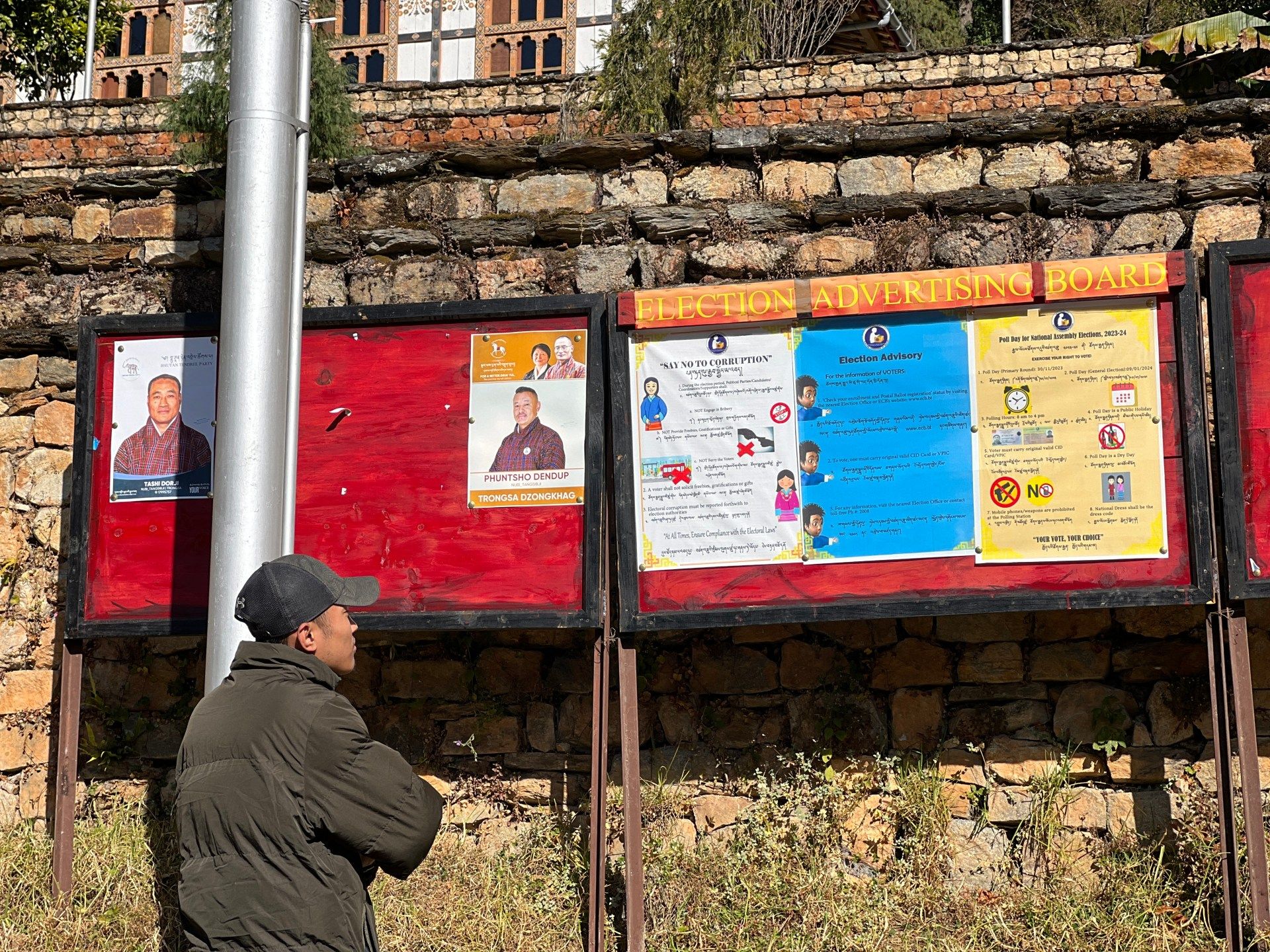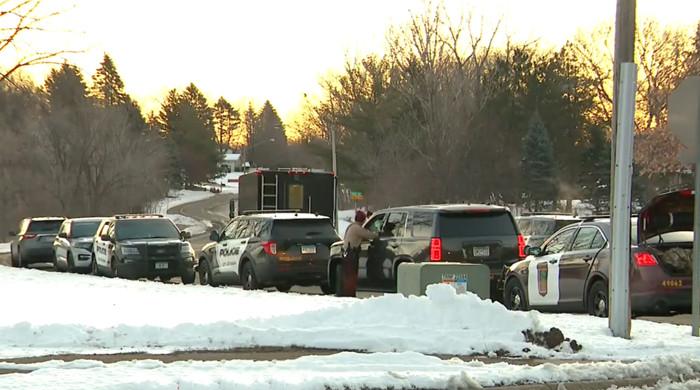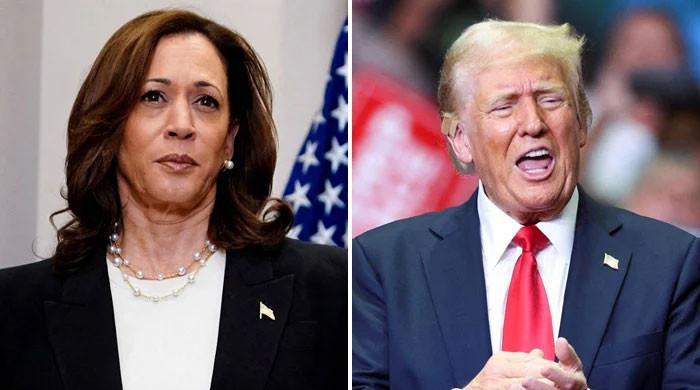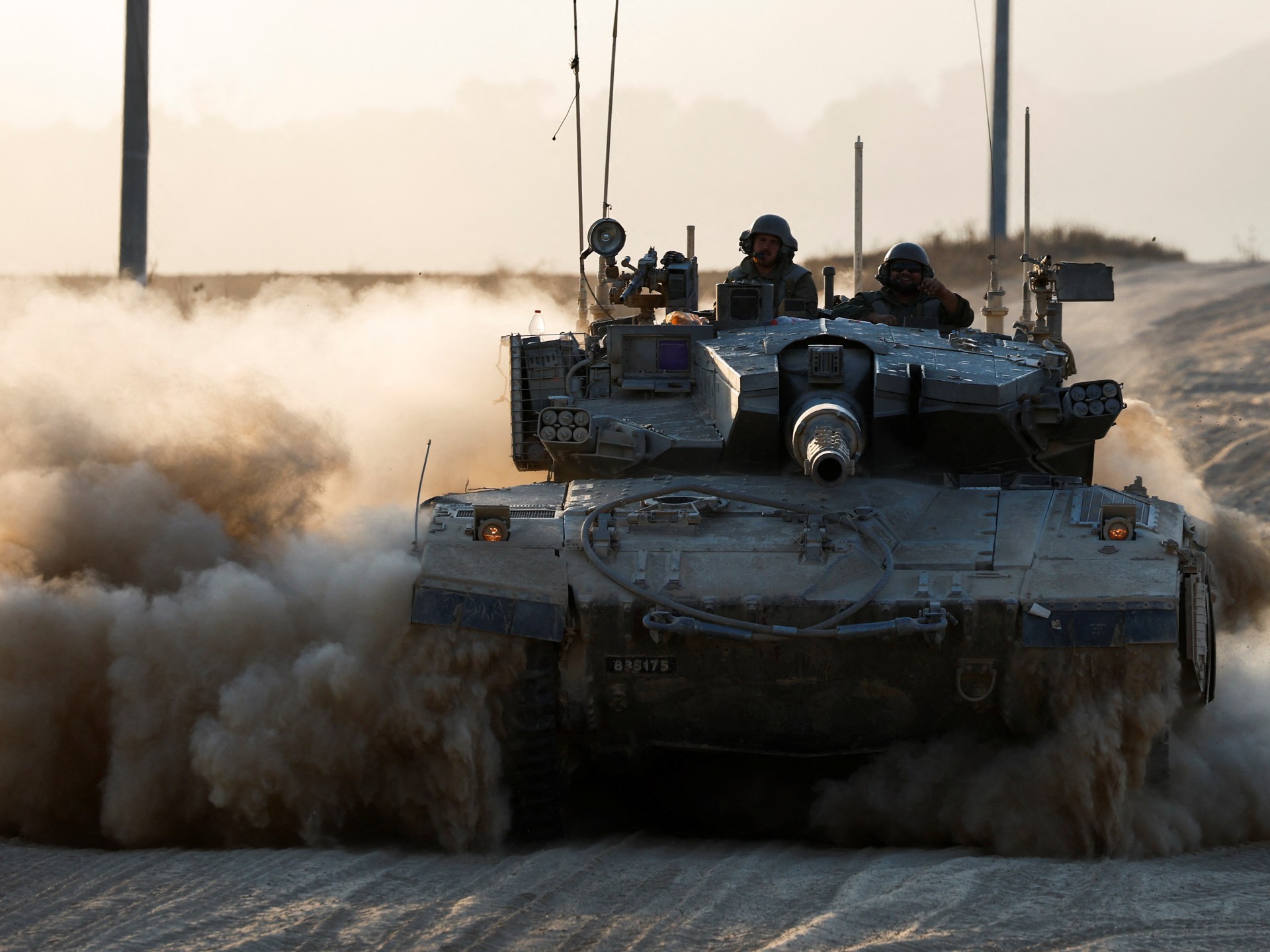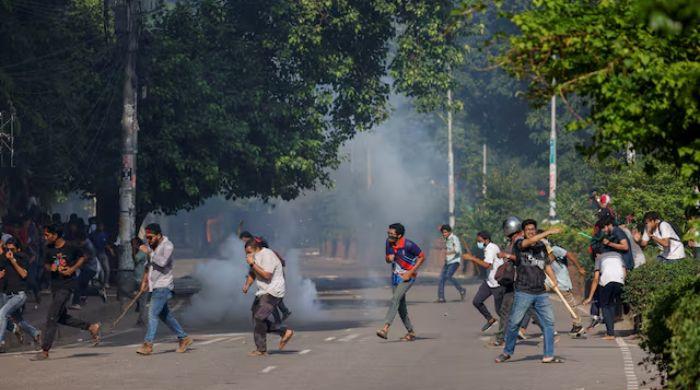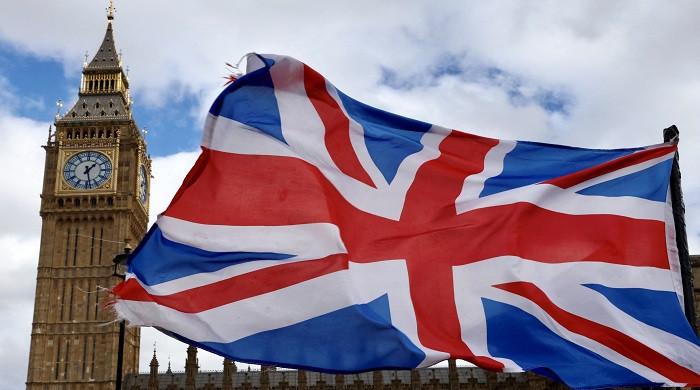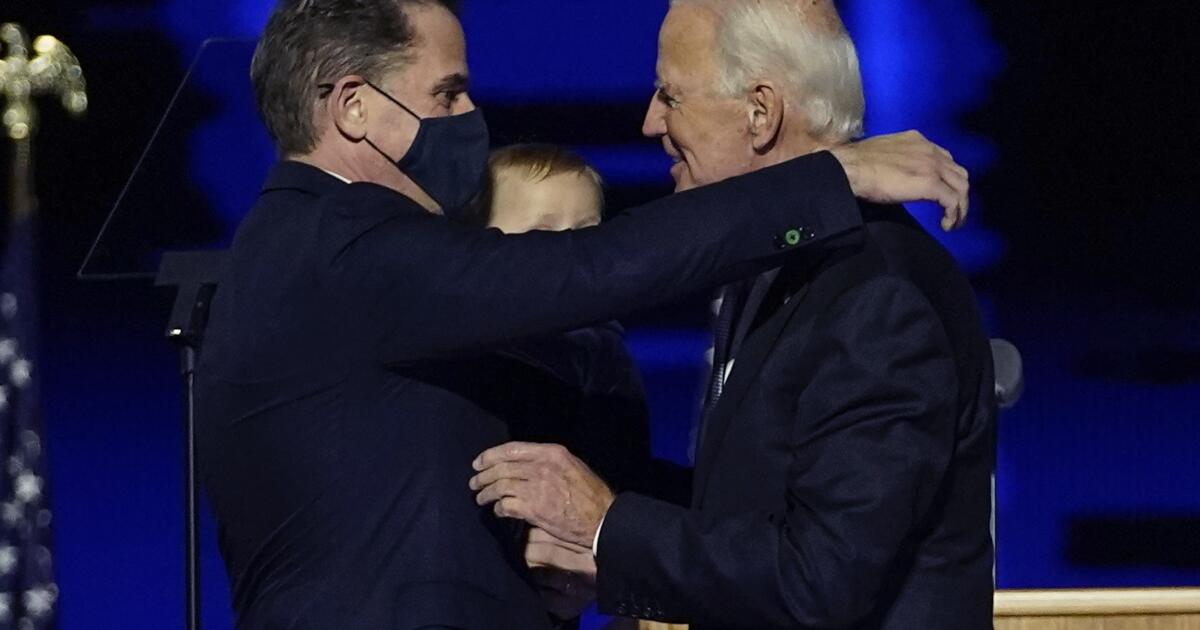The picturesque Himalayan kingdom of Bhutan will hold a general election with serious economic challenges that will call into question its long-standing policy of prioritizing “gross national happiness” over growth.
Both parties participating in Tuesday’s vote are committed to a constitutionally enshrined philosophy of a government that measures its success by the “happiness and well-being of the people.”
Some voters are expected to walk for days to cast their ballots in this landlocked, sparsely populated country, similar in size to Switzerland.
Foremost on the minds of many are the struggles faced by the kingdom’s younger generation, with chronic unemployment and a brain drain due to overseas migration.
“We don’t need any more new roads or bridges,” farmer Kinley Wangchuk, 46, told the AFP news agency. “What we really need is more jobs for young people.”
Bhutan’s youth unemployment rate is 29 percent, according to the World Bank, while economic growth has averaged 1.7 percent over the past five years.
Since the last election, record numbers of young citizens have left in search of better financial and educational opportunities abroad, with Australia being the top destination.
About 15,000 Bhutanese received visas there in the 12 months to last July, according to a local news report – more than the previous six years combined, and almost 2 percent of the kingdom’s population.
The issue of mass exodus is central for both parties participating in the elections.
Career civil servant Pema Chewang of the Bhutan Tendrel Party (BTP) said the country was losing the “cream of the nation”.
“If this trend continues, we could face a situation of empty towns and a deserted nation,” the 56-year-old added.
His opponent, former prime minister and People’s Democratic Party (PDP) chief Tshering Tobgay, 58, sounded the alarm about Bhutan’s “economic challenges and unprecedented mass exodus.”
His party’s manifesto cited government statistics showing that one in eight people were “struggling to meet their basic needs for food” and other necessities.
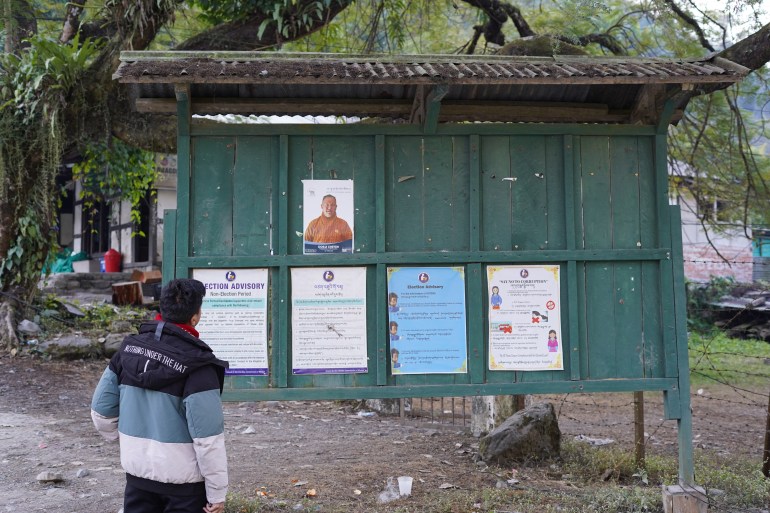
Economic promises
Tourism, a small part of Bhutan’s economy but a key source of foreign currency, has yet to recover from the disruptions of the coronavirus pandemic.
Last year, the government reduced the significant daily rate paid by foreign visitors to ensure the industry remains sustainable and prevent ecological damage.
But the number of foreign tourists in 2023 was only about a third of the 316,000 tourist numbers four years earlier.
The previous government carried out several projects to diversify the economy, including a special economic zone on the border with India and plans with a Singapore-based company to raise funds for a cryptocurrency mining scheme.
Both parties have promised a huge increase in investment in hydroelectric power, their main source of energy.
The BTP manifesto said installed hydroelectric capacity was only 10 percent of potential, and the PDP promised the development of steel, cement and other supporting industries that would provide much-needed jobs.
According to the World Bank, Bhutan’s mountain valleys and abundant water resources have created “ideal conditions” for the development and export of hydropower to India.
Neighboring Nepal this week signed a lucrative hydropower deal to provide 10,000 megawatts over the next decade to energy-hungry India, which is overwhelmingly reliant on coal but is taking some tentative steps to decarbonize.

Moderate campaign
Bhutan first held elections in 2008, after political reforms established a bicameral parliament shortly into the reign of the current king, who remains hugely popular.
Campaigning in the Buddhist-majority nation has always been a subdued affair, with strict rules requiring that election materials can only be posted on public bulletin boards.
A November primary narrowed the race to two parties, with lawmakers from the previous government and its former opposition eliminated.
The party of former Prime Minister Lotay Tshering, a doctor known for performing surgeries on weekends to “de-stress” the pressures of office, won just 13 percent.
Bhutan has around 800,000 inhabitants and is between the two most populous countries, China and India.
Both neighbors are watching the vote with interest, while eyeing strategic border areas in dispute.
A “cooperation agreement” was signed between Bhutan and China in October after talks over their disputed northern border sparked concern in India.
New Delhi has long considered Bhutan a buffer state firmly under its orbit and effectively ran the country’s foreign policy until 2007.

